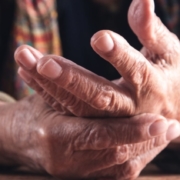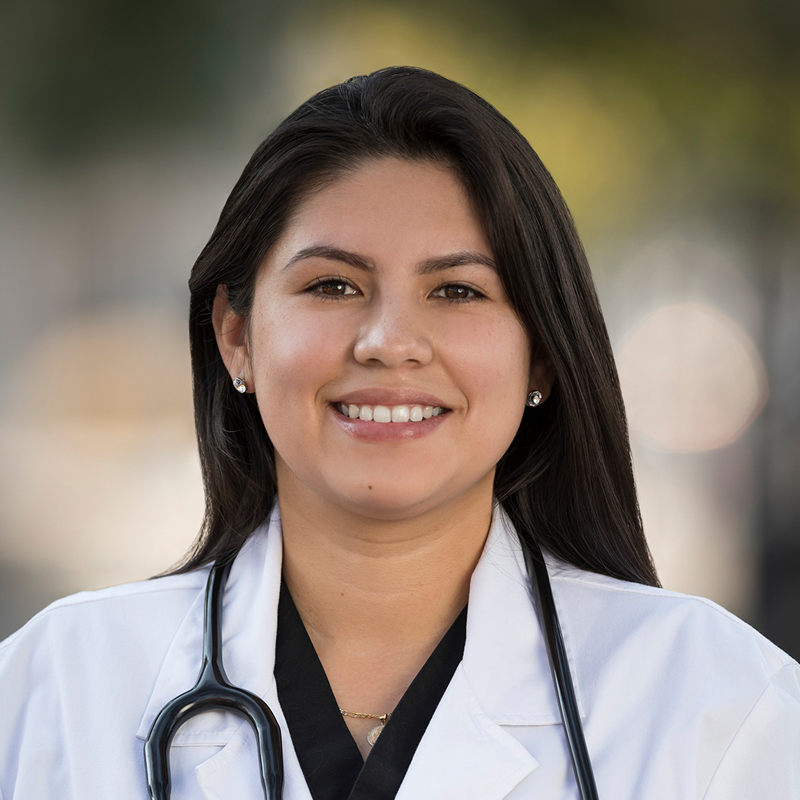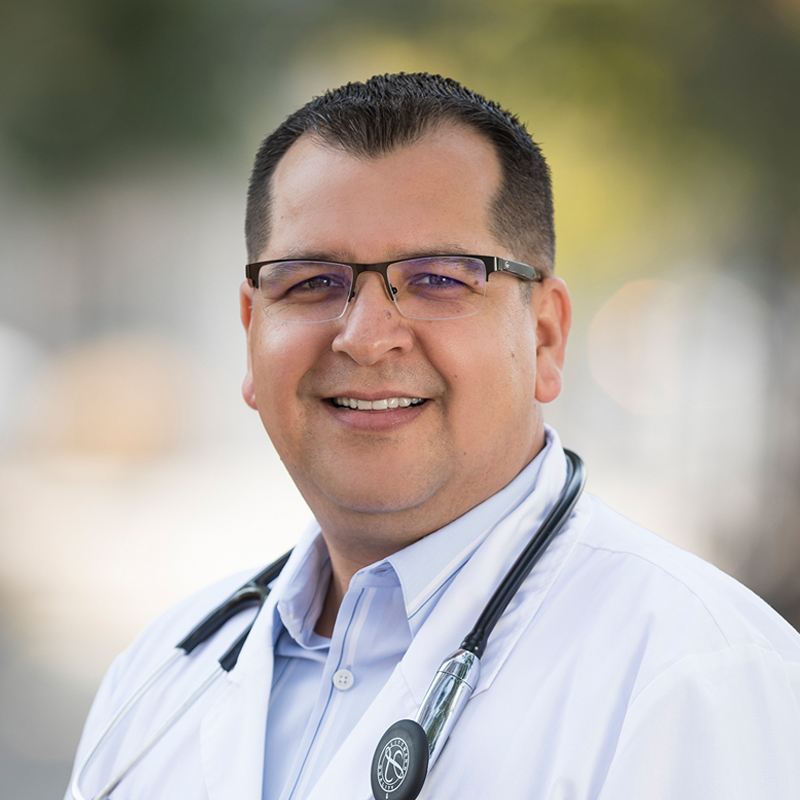PACE keeps frail seniors healthy, socially engaged, and thriving, even in these unprecedented times.
By Si France, MD, Founder + CEO, WelbeHealth
(This article was published on Medium.com)
May 4, 2020 – As the Covid-19 pandemic continues to wreak havoc and claim lives across the country, many seniors and their families have grown nervous about the potential for outbreaks in nursing homes. Housing about 1.4 million Americans, nursing facilities are a major component of our country’s senior care infrastructure and are facing increasing scrutiny as hotbeds for the spread of the virus. In late April, California reported that nearly 40 percent of the state’s coronavirus-related deaths had occurred in the facilities, with a Los Angeles Times analysis finding that the actual figure could be even higher.
Older adults and people with underlying medical conditions are already at high risk, with reports of over 20 percent morbidity for patients ages 80 and older. With the added risk of congregate living in close quarters, nursing homes have become some of the earliest sites of coronavirus outbreaks.
That’s not to say that nursing home operators are to blame for this situation. Even the most comprehensive infection control policies and procedures may not be able to fully contain the virus when the nature of the facilities’ design is so high-risk. In one of his recent daily briefings, New York Governor Andrew Cuomo described housing “vulnerable people in one place” as a “feeding frenzy” for coronavirus. Acknowledging the high risk, at least six states have now gone so far as to grant nursing facilities explicit immunity from coronavirus lawsuits.
Unfortunately, these challenges aren’t likely to go away any time soon. Though some states have already begun to relax social distancing requirements and stay-at-home orders, frail seniors will remain at extremely high risk. Research published in the Journal of the American Medical Association found that when distancing measures were loosened after the first wave of the 1918 Spanish Flu pandemic, many cities saw long second waves of deaths in the months that followed. Our most hopeful projections show that the development, testing, and mass distribution of a coronavirus vaccine could take 12–18 months, though even that would be an extraordinarily short timeframe. Some scientists are now suggesting that Covid-19 will never be eradicated, returning in regular waves like the flu. Recent developments in antivirals and neutralizing antibodies provide some cause for optimism and could give us superior treatment options to reduce mortality rates.
Regardless of what the future holds, the devastation of this virus should force us to reevaluate the safest and most effective ways to provide high levels of care for the seniors in our community.
Considering the risk of outbreaks in nursing facilities, what are families to do for their loved ones who need high levels of care? While some may be able to care for elders in their homes, the vast majority cannot. Nursing home-eligible seniors typically need assistance with one or more activities of daily living, such as eating and preparing meals, bathing and grooming, or managing medications — a burden too great for many families to manage without additional support.
Rethinking senior care in the age of Covid-19
Suppose you could design a way to care for frail seniors in the time of coronavirus. What would the ideal model look like? For one, it would need to provide a high level of comprehensive care. Not just medicine, but support for seniors’ daily living activities, physical and occupational therapy, medication management, and more. It would also need to be covered by Medicare and Medicaid insurance, as nearly two-thirds of nursing home residents are supported primarily by Medicaid. Most importantly in our current environment, it would need to help seniors remain in their homes, avoiding the congregate living arrangements conducive to the rapid spread of viral outbreaks.
This model already exists, and thousands of nursing home-eligible seniors around the country are thriving in it.
It’s called the Program of All-Inclusive Care for the Elderly (PACE), and I believe it will revolutionize the way we care for the most vulnerable members of our communities.
PACE was pioneered in the 1970s by On Lok, a community health organization in San Francisco’s Chinatown neighborhood, to provide support services to enable seniors to continue living in their homes rather than in an institutional care setting. Over time, it’s evolved into a comprehensive, fully integrated medical and social care model, funded by Medicare and Medicaid in 31 states around the country. The fundamental philosophy of PACE is that it is better for seniors and their families to be served in the community whenever possible. Though all PACE participants are eligible for nursing homes, 95 percent live at home.
The programs are both health plan and care provider, enabling a comprehensive approach to managing seniors’ care. An interdisciplinary team of physicians, nurses, and other medical professionals actively monitor care plans and respond to changes in participants’ health. And PACE provides far more than just medical care, supporting seniors and their families with meals, transportation to appointments, social activities, and personal care services.
The evidence for PACE is overwhelming. The program has a long track record of positive outcomes, including longer life expectancy, improved quality of life, reduced rates of depression and dementia, and enhanced personal empowerment for seniors. According to a survey by the National PACE Association, 97.5 percent of family caregivers would recommend the program to someone in a similar situation. PACE even saves taxpayers money, reducing government healthcare spending by $10,000 per participant.

Research shows that PACE lengthens life and improves quality of life for nursing home-eligible seniors
PACE is also extremely well-positioned to address the growing crisis of social isolation in our senior communities. As the New York Times recently reported, social isolation and loneliness are major risk factors not only to seniors’ emotional health but their physical health as well. Isolation is associated with higher rates of heart disease and stroke and a 50 percent increased risk of dementia, with isolated seniors suffering “a mortality rate comparable to that linked to smoking, obesity, excessive alcohol consumption, and physical inactivity.”
The pandemic has made it even more difficult for seniors to meet their social needs, with senior centers, day programs, and other public spaces closed. Many nursing homes have even barred all family members from visiting their loved ones. PACE can be the answer to this crisis, enabling seniors to remain home while still receiving exceptional medical care and socialization and activities.
In the time of Covid-19, it’s clear to me that PACE delivered safely in the home with social engagement is the single best option for seniors to stay healthy, active, and engaged while also more protected from the virus.
Like just about everyone these days, our programs have had to adapt during the pandemic. Historically, the PACE model has been centered around a day center, where participants receive medical treatments and physical therapy, socialize with friends and caregivers, and enjoy meals and activities. We’ve transitioned rapidly to deliver care and services remotely, to participants in their own homes.

We’ve rapidly adjusted the way we deliver care, closing our day centers until it’s safe to reopen and launching a remote care model to serve participants in their homes
At WelbeHealth, our PACE programs around California have shifted to a new model of care we’re calling HomePACE, delivering the same suite of services without the physical day center. We started by deploying 4G LTE “WelbeLink” tablets to participants’ homes. Our care teams use the devices to maintain regular video communications with seniors, making hundreds of calls per day to manage medical needs and complete social and behavioral health check-ins.
To contain the spread of the virus, we’ve moved our entire clinical and administrative team to a work-from-home model, never having two team members in the same room unless absolutely necessary for patient care. When in-person medical care is required, it’s done by a single caregiver in the home whenever possible, minimizing potential exposures to Covid-19. Our teams are also completing regular deliveries of medical supplies and meals to participants who need them, and we’re even resuming many of our usual games and social activities remotely via video.
Other PACE programs around the country are also innovating to continue serving seniors during this time. PACE Southeast Michigan partnered with a local grocer to deliver essential care packages of fresh food to participants each morning. LIFE Senior Services in Oklahoma hosted a drive-thru breakfast for its members. Care Resources PACE in Michigan secured a grant to launch telehealth services for its participants. CHA PACE in Massachusetts partnered with a local paramedic firm to provide 24/7 in-home care for Covid-positive patients. PACE programs in North Carolina helped seniors access live streams of religious services. From the beginning, PACE has been built around nimble and creative solutions to meet seniors’ needs, so it’s no surprise that so many programs across the country have been able to adapt to care for their participants.
Despite its long track record of success, PACE still has a massive opportunity for growth. Even in the healthcare community, many physicians and medical professionals are just learning about the program for the first time. PACE serves just over 50,000 seniors today, but the estimated eligible population is much larger: 2 million or more. Recent regulatory changes have begun to enable programs to grow more quickly and efficiently, and demand is growing as more seniors and families learn about the program.
For those of us who know PACE already, the case is clear. It’s the model of care I’d want for myself as a physician and for my senior family members.
Years from now, when we reflect on Covid-19, we’ll remember all the challenges we faced and the tragic loss of so many lives. I hope, though, that we’ll also be able to appreciate one bright spot: a turning point in the way we think about caring for the most vulnerable people in our communities. In the face of this pandemic, it’s more apparent to me than ever before that PACE has the potential to become the “gold standard” of care for frail seniors across our country.
….read more.
For more on WelbeHealth services that safely provide comprehensive care for seniors so that they can live more independently, click here.
 D’juana Hale always wanted to be a doctor growing up, saying that her pediatrician was her inspiration. Today, she is in the medical field working as an LVN/Nightly Navigator for our Stockton PACE location, helping support our senior participants as they strive to live more independent lives in their homes and communities. She says the secret for delivering compassionate, comprehensive care to the elderly is easy, “I just love what I do, so it makes it easy!”. D’juana has a simple, but inspiring message she would tell her younger self, “Continue striving for greatness!”. That’s a message that we can all get behind.
D’juana Hale always wanted to be a doctor growing up, saying that her pediatrician was her inspiration. Today, she is in the medical field working as an LVN/Nightly Navigator for our Stockton PACE location, helping support our senior participants as they strive to live more independent lives in their homes and communities. She says the secret for delivering compassionate, comprehensive care to the elderly is easy, “I just love what I do, so it makes it easy!”. D’juana has a simple, but inspiring message she would tell her younger self, “Continue striving for greatness!”. That’s a message that we can all get behind.


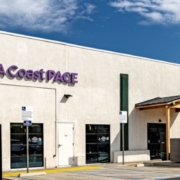
 Ivette Zoltzman comes to the WelbeHealth family from UCLA, where she worked in the outpatient clinic working on wound care patients, a job she loved. She now works as a Home Care RN, working for our Pacific PACE center in Pasadena. She joined the WelbeHealth team because she really wanted to make a difference in her patients’ lives. “Even if I made one person happy or touched their lives one way or another, I know I did my job right. As a nurse, I have the privilege of helping others when they are the most vulnerable,” she added.
Ivette Zoltzman comes to the WelbeHealth family from UCLA, where she worked in the outpatient clinic working on wound care patients, a job she loved. She now works as a Home Care RN, working for our Pacific PACE center in Pasadena. She joined the WelbeHealth team because she really wanted to make a difference in her patients’ lives. “Even if I made one person happy or touched their lives one way or another, I know I did my job right. As a nurse, I have the privilege of helping others when they are the most vulnerable,” she added.


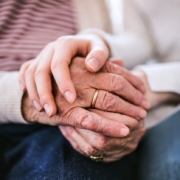


 Alyssa Triyoes is Clinic RN at WelbeHealth’s LA Coast PACE center and prefers to go by Alice. The soon to be launched LA Coast PACE center will serve seniors in Long Beach and the surrounding areas. “I can’t wait for it to open” Alice said excitedly.
Alyssa Triyoes is Clinic RN at WelbeHealth’s LA Coast PACE center and prefers to go by Alice. The soon to be launched LA Coast PACE center will serve seniors in Long Beach and the surrounding areas. “I can’t wait for it to open” Alice said excitedly.